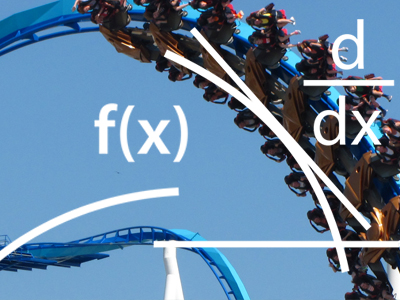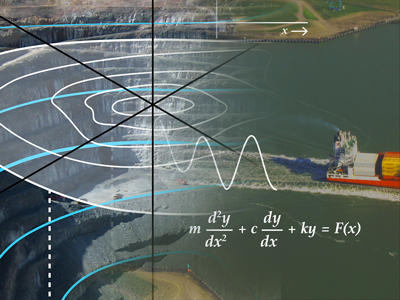Overview
Course video
Prepare for your technical studies by reviewing the fundamentals of physics. Become familiar with the way physics and physics-related topics are taught at university level.
Physics is the foundation of many important science and engineering disciplines. Understanding its basics is fundamental for advanced studies. In this course, you will have the chance to review the fundamentals either for your own interest, or to ensure you have a smooth start in the first year of your Bachelor's degree.
The course aims to close the readiness gap between high school and university. It was specifically developed for potential future students: it covers physics topics that are a prerequisite for many engineering programs, but will also show you how these topics are applied in the various follow-up studies (For example in Applied Physics, Aerospace Engineering, Mechanical Engineering or Electrical Engineering). The course not only covers the content needed for further study but also introduces the different ways in which physics is presented at university level to ensure an easy entry to a new degree program.
This course is intended for:
- Prospective engineering students who want to refresh their physics knowledge before starting university
- High school students who would like an additional challenge in physics not offered by their school
- Engineering students already enrolled in university who realize that they have a gap in their physics knowledge
- Other people who are interested in university level physics
What You'll Learn
- have a basic understanding of the following physics topics: mechanics, electricity and magnetism, and waves.
- be able to apply this knowledge in various engineering contexts.
- be introduced to the academic approach to physics.
In particular, the successful participant will be able to:
1) solve physics problems in an algebraic way without specifying numerical values,
2) provide order-of-magnitude estimations without using calculation aids,
3) apply basic differential and integral calculus to physics problems,
4) work with vectors at a conceptual (non-quantitative) level.
Details
Course Syllabus:
Module 1: Mechanics
- Force and Motion
- Multiple Forces
- Work
- Energy
- Circular Motion
Module 2: Electricity and Magnetism
- Electric Force and Field
- Electric Potential and Electric Energy
- Electrical Circuits
- Magnetic Fields
- Capacitors
Module 3: Waves
- Introduction to waves
- Harmonic motion
- Coupled oscillations
- Travelling waves
- Standing waves
Qualifications
Chartered Engineering Competences
All our online courses and programs have been matched to the competences determined by KIVI’s Competence Structure, a common frame of reference for everyone, across all disciplines, levels and roles.
These competences apply to this course:
- A1: Extend your theoretical knowledge of new and advancing technologies.
Admission
This is a Massive Open Online Course (MOOC) that runs on edX.
Prerequisites
This course revises high school level physics and moves on to show how it is presented at university level. It closes the readiness gap between high school and university. Participants should have the following background knowledge:
- high school level calculus (or equivalent), including knowledge of derivatives and integrals.
- high school level physics.


